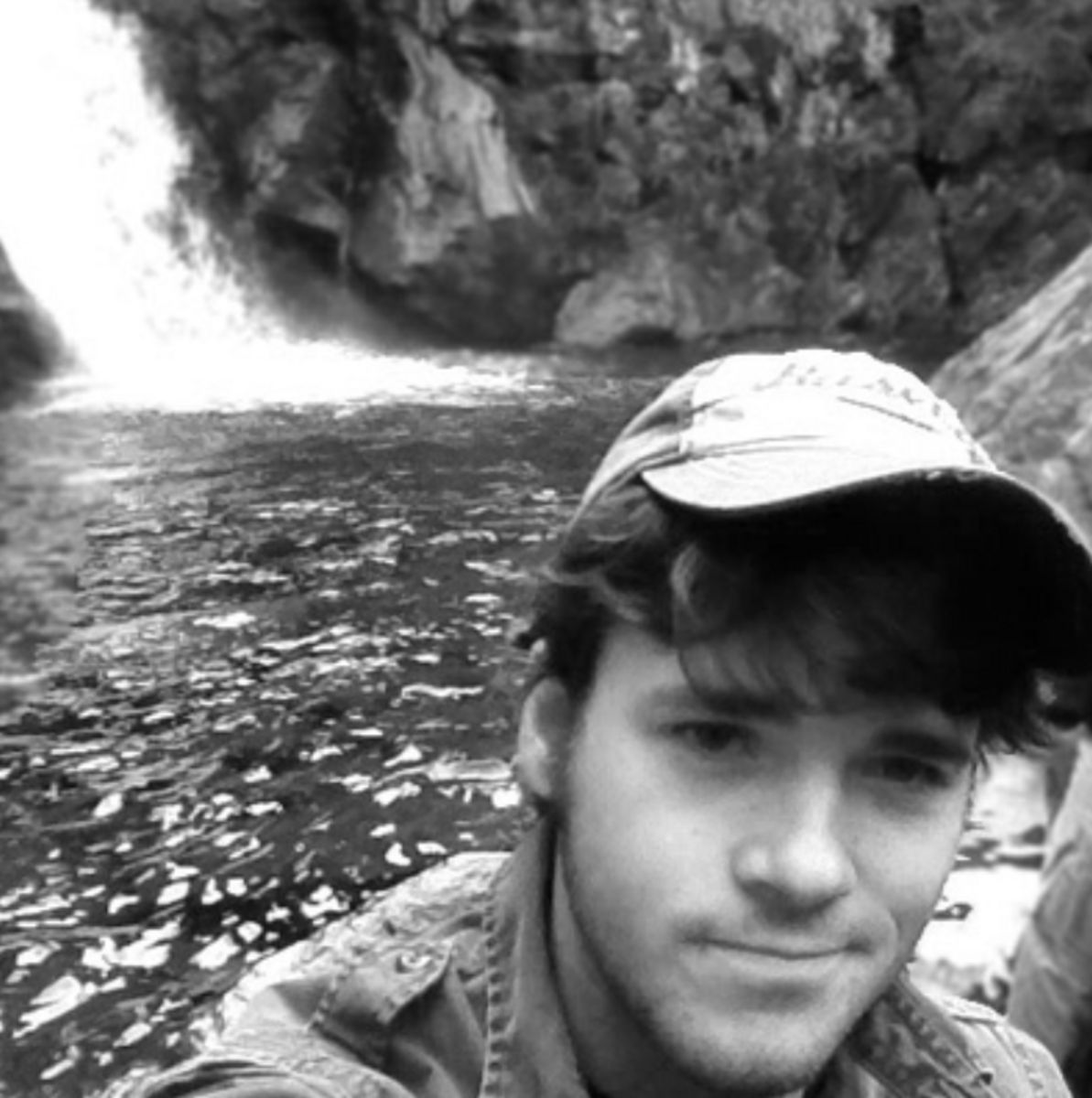A few weeks ago, I officially wrapped up my work at Hampton, where I spent the last year and a half working on community and content. Since then, friends in the newsletter space have reached out asking what’s next, and after taking some time to travel, relax, and think about it, here’s what I’m up to…
First, I’ll be writing this newsletter. As always, it’ll be focused on showing how fascinating media founders do what they do.
There are so many cool people in this space right now. I’ll be interviewing them and showing you how to apply what they’ve figured out. If you’re new here, here are a few samples to show you the kind of thing I do:
I’m also launching a local newsletter here in Austin. I wrote more about that here, but basically, I think local media is a fascinating opportunity right now, and I’d like to build in the space and help crack the business model open for other people.
Those are the main things. Every week, I’ll be sharing case studies, experiments, and some of the best things I’m learning as I go.
If you’re interested, keep an eye out Friday mornings at 10 AM ET for this email. Oh, and hit reply to tell me what you’re up to, and what (if anything) you’d like me to write about.
A Few Great Links
No big case study this week, but here are a few things I’ve been enjoying over the holiday…
Once Upon a Tome: Oliver Darkshire is the Twitter voice of Sotherans, a 250+ year old rare book seller based in London. His book is a collection of funny essays on the weird world of rare book selling, and it’s got me thinking about how – with the right attitude – anyone can write something fascinating about their day job.
How Trends Grew to 15k+ Paying Subscribers: Matt and Ryan’s Newsletter Operator podcast is part of my regular rotation. In this episode, they break down the specific channels that grew Trends to $4m+. It’s a must-listen for anyone selling paid subscriptions or courses.
Tom Scott signs off: After 10 years, and over 6 million subscribers, Tom Scott is stepping away from his YouTube channel, and recorded what may be the most epic of farewells. This must have been a huge decision, and I’m glad he’s prioritizing himself. But it begs an important question – how do you make a living as a storyteller without letting it take over your life?
One More Thing: I’m Building a Workbench
I swear this ties to writing…
Over the summer, I got a little obsessed with woodworking. So I decided to build out a shop and start making stuff in my spare time.
I’m currently in the earliest stage – e.g., completely unskilled, figuring it out as I go, but one day soon, this will be a workbench.

Why woodworking? Well, it teaches me things that are both useful in the world of tech, and hard to learn there.
For example, in tech, there’s a kind of reverence for minimum viable products. “Move fast, and break things,” we say. Or “fake it ‘till you make it.” Not lying, per se, but massaging the truth to make your product or company seem more put-together than it really is.
It’s a mindset that fosters innovation, but it leaves you without much of an appreciation for how to build great things that last. And of course, when abused, it can lead to a lot of chaos.
But you can’t do that in a wood shop. The work is right there for everyone to see, and if you ding something, or scuff it, or skimp on the sanding, it all shows.
In a weird way, I find that really refreshing. You can’t hack the system. You just gotta put your time in and keep getting better. It’s nice.
It also helps me be a little less precious about starting new writing projects.
If you look at the photo above, it’s ugly. A bunch of boards glued together. But that’s the secret of even the best handmade furniture - it starts out rough. Only time and effort turn it into something worthwhile. That practice, of repeatedly taking something from rough to finished in a very tangible way makes it way less intimidating when it’s time to sit down and write something. Very useful.
Finally, the craft of woodworking doesn’t really change. Or at least, as it changes, the old ways don’t become obsolete.
Tech is changing so fast. It’s relaxing to spend time focused on something that has been mostly the same for a hundred years, and will be mostly the same a hundred years from now.
There are other versions of this – cooking, music, and astronomy come to mind – but I think everyone in tech should have something like that in their life, just to stay sane.
That’s all for this week. Coming back at you next week with new research and insights. Until then, thanks for reading!
-Ethan
